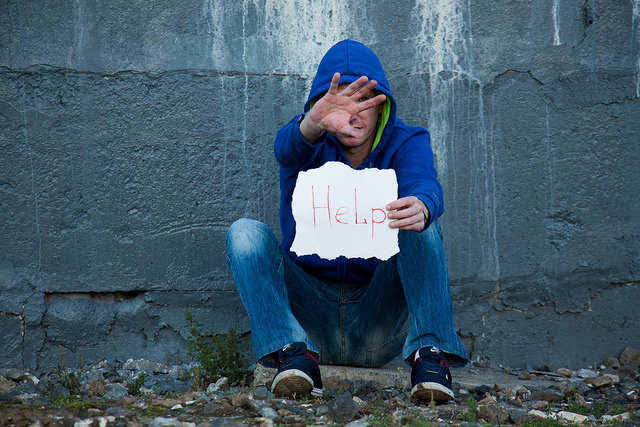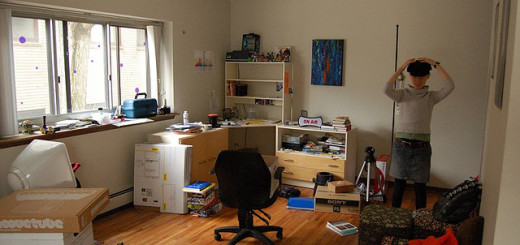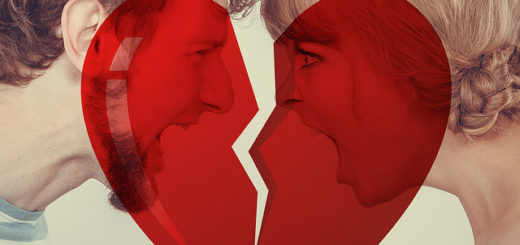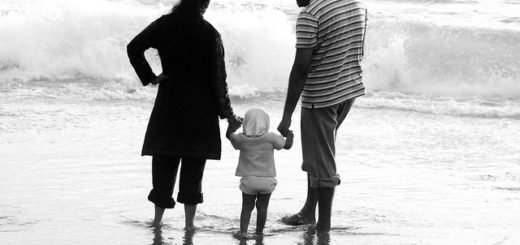What Families Need to Know About Teen Addiction
Since adolescence is the period the young people turn to their peers for approval it is not surprising that addictions often seem to develop during adolescence. A lot of suffering can be avoided with early intervention into teen addiction.
What Is An Addiction?
When we talk about addiction, most people think of alcohol or illegal drugs. But people become addicted to food, medications, cigarettes, gambling, smart phones, games, sex, and many other behaviours and substances.

Many people think they can overcome an addiction problem on their own. You should know that overcoming addiction is very hard and often requires professional help. Getting help is a sign of smartness and strength rather than as some feel as weakness.
Do you know when a behavior is called an addiction? Many people are confused about this. Addiction means a person has no control over whether they use a drug, drink or perform a behavior; the substance or behavior ceases to be a choice but is treated as if it were a necessity. They have to have it or do it. They do not do it for fun anymore but they become dependent upon the addictive behavior or substance.
Addiction can be physical, psychological, or both. Physical addiction means when they stop using the substance or performing the behaviour, they experience withdrawal symptoms, such as shaking, feeling weak and panicky. It also means building tolerance to that substance or behaviour, so that a person needs a larger dose than ever before to get the same effects. Psychological addiction occurs when the desire to satisfy the addictions becomes so strong that all values are forgotten; for example people can lie, steal and do other things that they would otherwise reject.
Signs Of Teen Addiction
Here are few signs to look out for to recognise if you or a teen you know might suffer from one or more addictions:
- Unable to relax without the substance or behaviour.
- Needing more to get the same effect
- Exhibits mood swings including depression anxiety, anger.
- Losing interest in activities that used to be enjoyable and important.
- Changes in sleeping and eating habits.
- Becoming secretive from family and friends.
- Problems with schoolwork, such as slipping grades or absences
- Changes in friendships, such as hanging out only with friends who use drugs
- Spending a lot of time figuring out how to get a substance or perform a behavior
- Stealing or selling belongings to be able to afford the substance or to perform a behavior
- Unable to carry out decisions and attempts to stop, as they feel sick.
Recovery For Teen Addiction
Many people think they can overcome an addiction problem on their own, but that rarely works. Any delay in getting help makes the addiction more pronounced. You should know that overcoming addiction is very hard and often requires professional help. Getting help is a sign of smartness and strength rather than as some feel as weakness.
A good recovery program would provide:
- Community support from people who go through the same process and from those who have recovered.
- Information in the form of educational tools and techniques dealing with emotions such as sadness, anger and anxiety and to live a balanced life.
- Change of environment.
- Psychological treatments to deal with urges.
- Use of Prescribed medications.
Families can benefit from learning about communication with teenagers, psychological resilience, lying and changing unwanted behaviors in order to get help in good time.
Social Interventions For Teen Addiction
There are inspiring movements in bringing awareness to teens about addictions. Iceland has reduced significantly its teen addiction levels through a long term collaboration with Harvey Milkman, a psychology professor. El Sistema is another movement that targeted children in the streets to be captivated by music, started in Venezuella and achieved a huge success with youth orchestras around the world.
Today, Iceland tops the European table for the cleanest-living teens. The percentage of 15- and 16-year-olds who had been drunk in the previous month plummeted from 42% in 1998 to 5% in 2016. The percentage who have ever used cannabis is down from 17% to 7%. Those smoking cigarettes every day fell from 23% to just 3%.
It seems drugs, alcohol and other addictions are most appealing for teens who are bored or stressed. When they are stimulated by better alternatives reliance on addictions drops.




